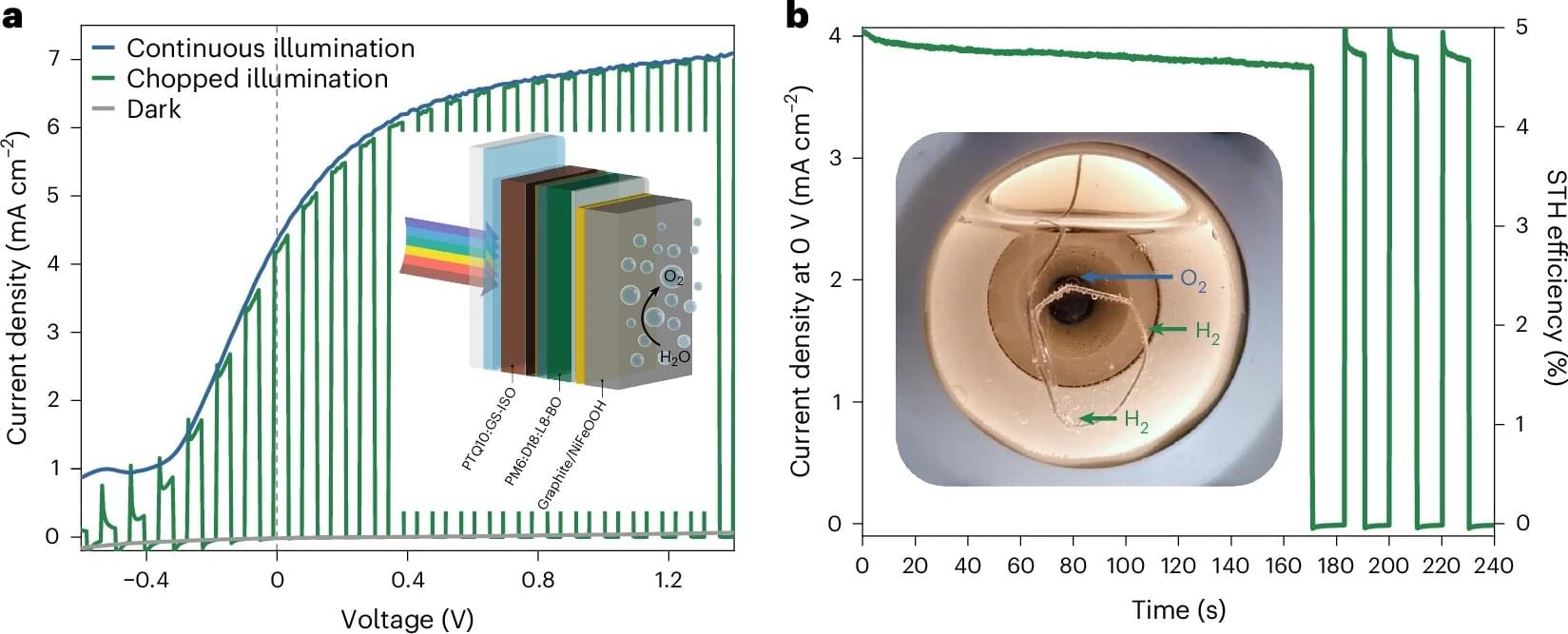Is a 1953 independently made American black-and-white science fiction/comedy film, produced by A.D. Nast, Jr., Arch Oboler, and Sidney Pink, written and directed by Arch Oboler, and starring Hans Conried, Gloria Blondell, Billy Lynn, and Edwin Max. The film was distributed by United Artists.
Directed by Arch Oboler.
Screenplay by Arch Oboler.
Hans Conried as Kerry West.
Janet Warren as Carolyn West.
Billy Lynn as Coach Trout.
Edwin Max as the Television Deliveryman.
Gloria Blondell as the Bill Collector.
Evelyn Beresford as Old Lady Motorist.
Bob Jellison as the TV Shop Owner.
Norman Field as the Doctor.
Stephen Roberts as Head Treasury Agent.
Connie Marshall as Susie.
William Phipps as Student.
Lenore Kingston as Offended Phone Operator #2
Alice Backes as Offended Phone Operator #1
Brick Sullivan as Cop.







